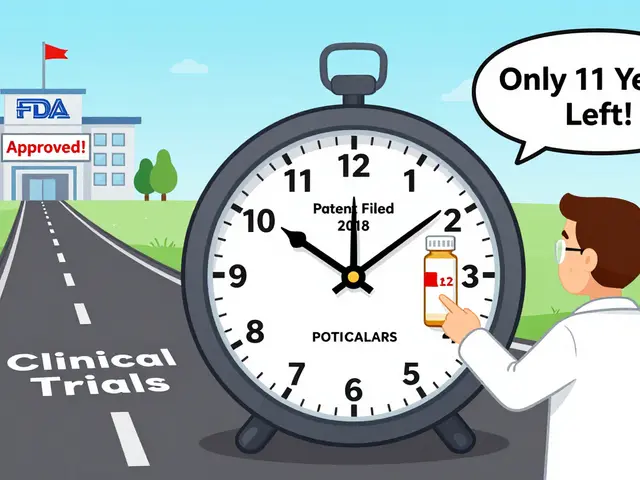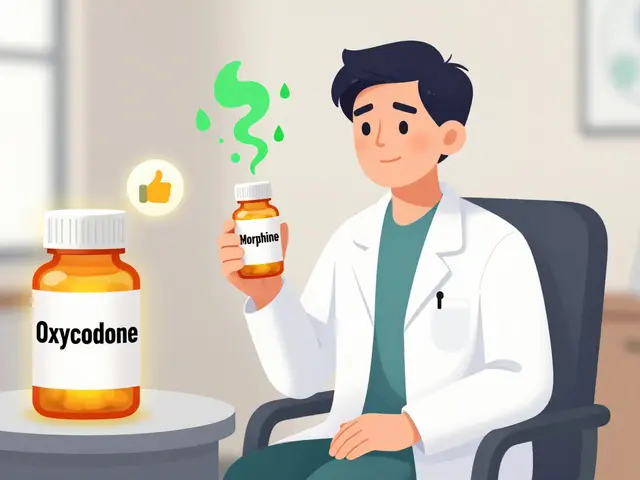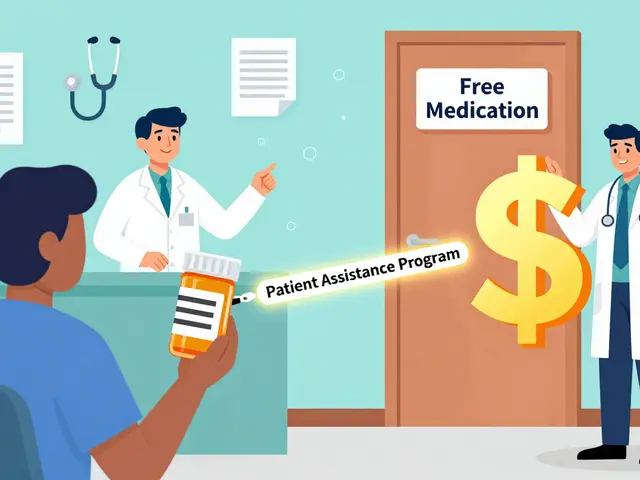Intracranial Pressure: Signs, Causes & What to Do
Raised intracranial pressure (ICP) means the pressure inside your skull is higher than it should be. Even small changes can affect brain function. This page gives clear signs to watch for, common causes, what doctors will check, and sensible things you can do while waiting for help.
Signs and causes
Warning signs you shouldn’t ignore: a new severe headache that’s worse when lying down, repeated vomiting, blurred or double vision, a sudden change in alertness or behavior, and weakness on one side of the body. In babies, a bulging fontanelle or increased head size are red flags. If the person becomes drowsy, hard to wake, or loses consciousness, call emergency services right away.
Common causes of raised ICP include traumatic brain injury, stroke or brain bleed, brain tumors, infections like meningitis, hydrocephalus (too much cerebrospinal fluid), and idiopathic intracranial hypertension (IIH). Some medicines and high-dose vitamin A can also raise pressure. Knowing the likely cause helps doctors choose the right tests and treatment.
Diagnosis, emergency steps & treatment
In the emergency room, clinicians usually start with a quick neurological exam and an urgent CT or MRI scan to see what’s happening. If imaging looks clear but pressure is still suspected, a lumbar puncture may measure opening pressure — but only after scans rule out a mass that would make LP unsafe.
If you suspect someone has high ICP, get them medical help right away. While you wait: keep the person still and calm, keep their head slightly elevated (about 30 degrees) if possible, and don’t give food or drink if they’re drowsy or vomiting. Avoid trying home medical maneuvers — many treatments must be done under supervision.
Hospital treatments vary. Short-term measures to lower pressure include oxygen, controlled ventilation, and drugs like mannitol or hypertonic saline. For specific causes, doctors might use antibiotics for infection, blood pressure control for stroke, acetazolamide for IIH, or surgery — for example, draining fluid or removing a mass. Long-term management depends on the diagnosis: weight loss often helps IIH, and some conditions need lifelong follow-up.
Want deeper reads on related issues? Check our piece on "Flunarizine and Seasonal Migraines" for how migraine patterns interact with brain symptoms, and "Provigil" or "Modaheal" articles if you’re curious how certain drugs affect the brain. If you’re worried about a medicine or supplement causing symptoms, our database can help you check interactions and risks.
Raised intracranial pressure is serious but treatable when caught early. Trust your instincts — if symptoms are sudden or worsening, seek emergency care promptly.
Acetazolamide for Pseudotumor Cerebri: Managing Intracranial Pressure Effectively
Pseudotumor Cerebri, also known as Idiopathic Intracranial Hypertension, can cause debilitating symptoms due to increased pressure around the brain. This article explores Acetazolamide as a treatment option, providing information on its effectiveness, usage, and potential benefits, along with tips for managing the condition. Discover why this medication might be a viable solution for those struggling with this complex health issue.
Read More





